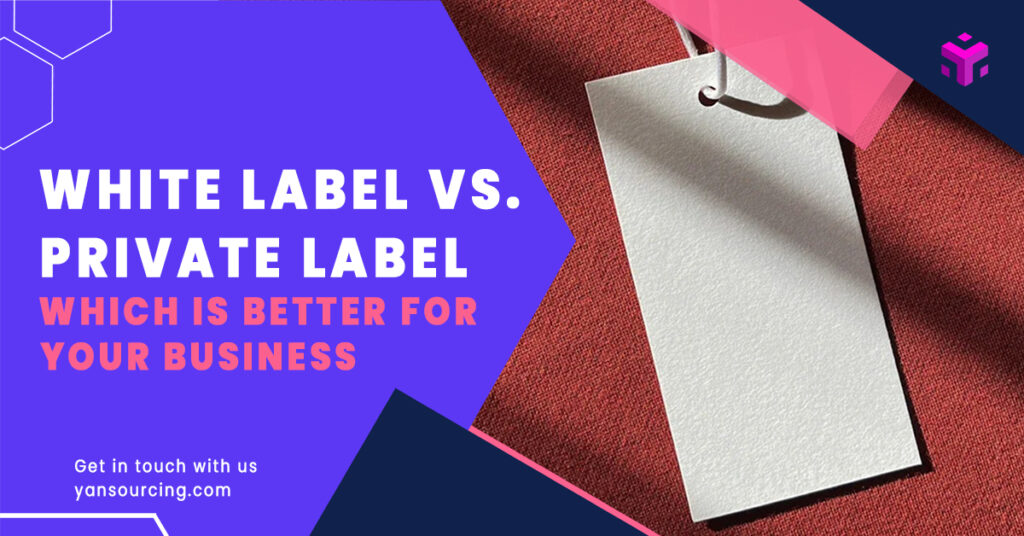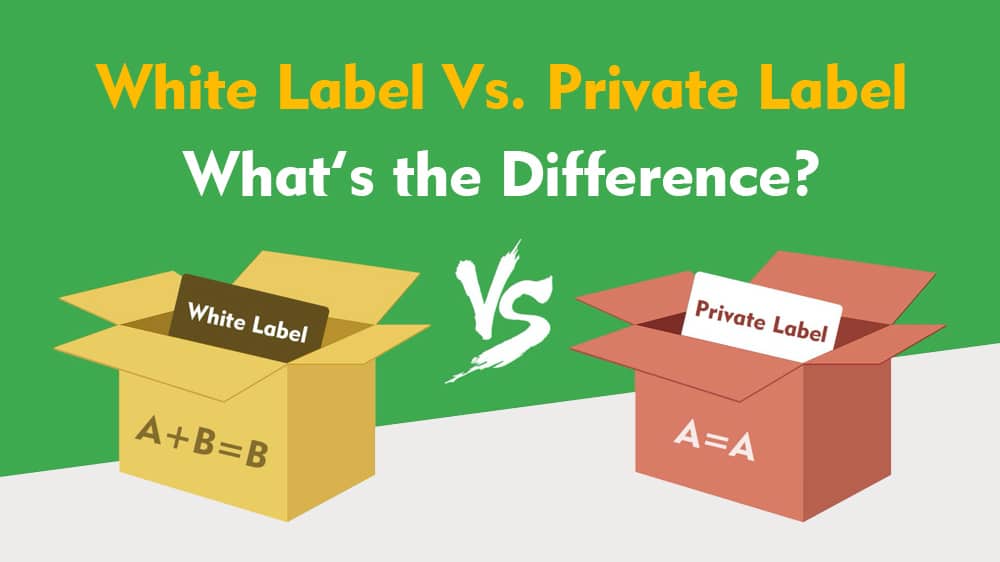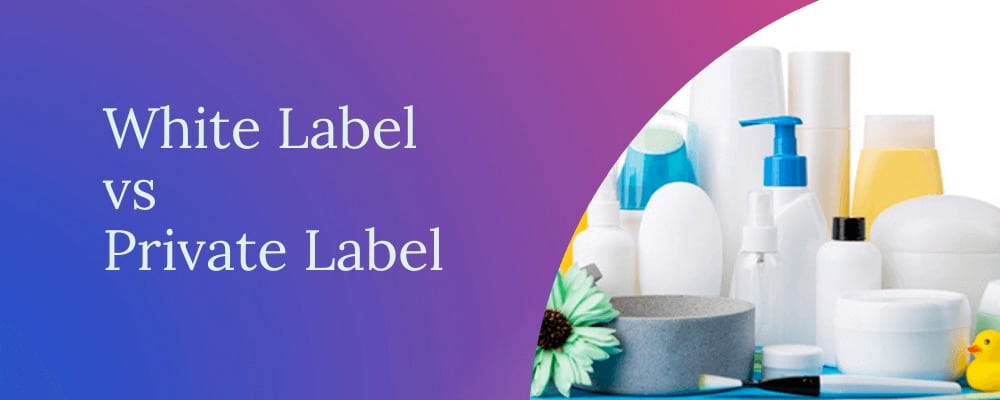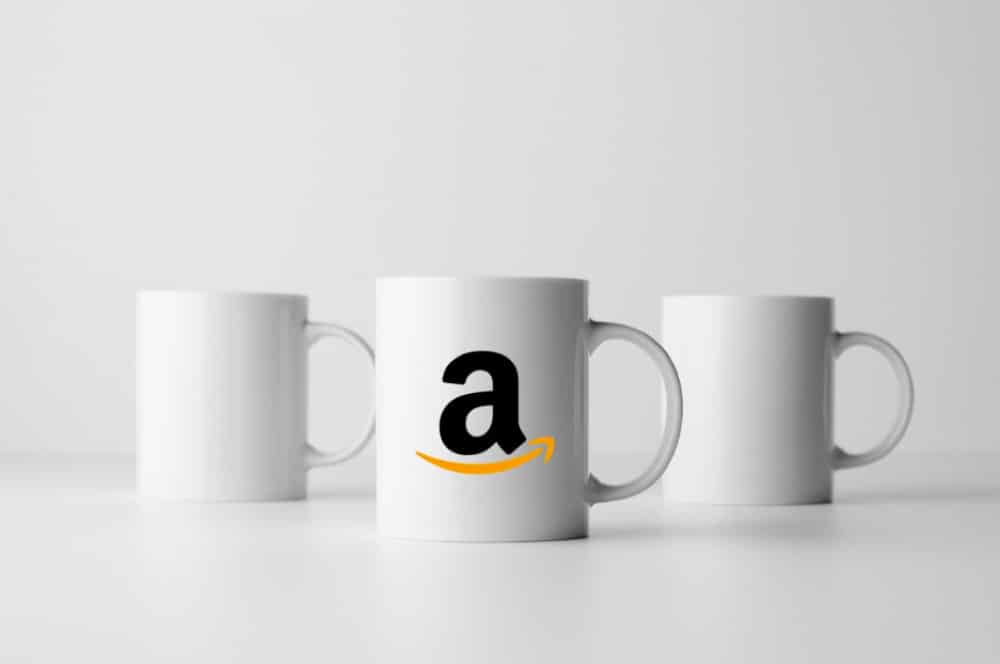
Are you unsure about choosing between white label vs private label? If you want to save money and act fast, white label products may work best. However, if you desire unique items with your own brand, private label products might be the better option. The private label market could grow to $1623.4 billion by 2034. Your choice now can shape your future success. This guide will help you compare costs, customization, and exclusivity to make an informed decision.
Key Takeaways
Pick white label if you want a fast, cheap start. You can sell pre-made items with your brand name on them.
Go for private label if you want special products. This gives you full control to design and customize them.
White label products are good for trying out new ideas. They are low-risk and help you see what customers like.
Private label products can make you more money. Unique products let you charge higher prices and keep customers coming back.
Think about your business goals. White label works for quick and cheap options, while private label helps build your brand over time.
Quick Verdict: Pick White Label or Private Label Based on Your Needs
Choosing between white label and private label depends on your goals. If you want a cheap and fast way to start, white label is a good choice. But if you need unique products with your brand, go for private label. Let’s look at both options to help you decide.
White Label
What It Is
White label means selling ready-made items with your brand name. It’s great for businesses that want to start quickly without making their own products. Many online sellers use white label to try new markets. It’s low-risk and perfect for new businesses.
Main Features
Fast Launch: Skip making products. Start selling right away.
Low Cost: Pay only for branding and packaging. Save money upfront.
Tested Products: These items are already proven to work in the market.
Pros & Cons
Pros
✅ Easy and quick to start selling.
✅ Small investment needed.
✅ Less risk with money.
Cons
❌ Few ways to customize products.
❌ Others can sell the same items.
Private Label
What It Is
Private label lets you make special products for your brand. It’s great for businesses that want to stand out and keep customers loyal. For example, private label makeup often has custom designs and packaging. You control how the product looks and feels.
Main Features
Unique Branding: You own the design, so it’s only yours.
Custom Options: Change ingredients and packaging to fit your audience.
Better Profits: No middlemen means you keep more money.
Pros & Cons
Pros
✅ Full control over your products and brand.
✅ Can focus on small, special markets.
✅ Builds loyal customers.
Cons
❌ Costs more to develop products.
❌ Takes longer to start selling.
Features Comparison: White Label vs Private Label

Customization and Branding
Private label products are best for customization and branding. They let you control the design, packaging, and ingredients. This helps your brand stand out and feel unique. White label products, however, have limited options. You can only change packaging and branding. While faster and cheaper, they don’t make your brand as special.
Here’s a simple comparison:
Features | White Label Products | Private Label Products |
|---|---|---|
Customization | Small changes allowed (size, color) | Full control over design and details |
Branding | Shared by many sellers | Exclusive to one retailer |
Market Presence | High competition; same product sold by others | Strong identity; unique products |
Production Control | Manufacturer decides production | Retailer has more control |
Tip: Want loyal customers? Go with private labeling. It helps you create products that match your brand and connect with your audience.
Market Exclusivity
Private label products are exclusive to your brand. No one else can sell them. This makes your brand stand out and gives you an advantage. You can also adjust products quickly to meet customer needs.
White label products don’t offer exclusivity. Many sellers can sell the same item. This increases competition and makes it harder to be unique. White labeling is good for testing markets but lacks control and uniqueness.
Note: If being exclusive is important, choose private labeling. It lets you make products just for your audience and keeps them special.
Cost and Investment
White label products are cheaper and need less investment. They’re ready-made, so you save on manufacturing and design. This is great for new businesses or small budgets. You can start selling quickly without spending much.
Private label products cost more upfront. You’ll pay for customization, branding, and quality checks. But they can bring higher profits. Unique products let you charge more, which can lead to better returns later.
Tip: Starting small? White labeling is a safe choice. Ready to invest in your brand? Private labeling can bring bigger rewards.
Speed to Market
Getting your product out fast is very important. When comparing white label and private label, speed matters a lot. White label products are the fastest option. They’re already made, so you can sell them quickly. Private label products take more time because of customization and production. Let’s look closer.
White Label
White label is great if you need a quick launch. The products are pre-made and ready to go. You just add your brand name and packaging. This makes it perfect for trying new ideas or following trends.
Why It’s Fast:
No designing or making products needed.
Branding and packaging are quick to finish.
Products are tested, so fewer delays happen.
Real-World Example:
Imagine you sell online and see a popular gadget trending. With white label, you can start selling in just weeks. You skip creating the product and focus on selling it.
Tip: If you’re new or testing an idea, white label is the fastest way to start.
Private Label
Private label takes longer but gives you more control. You’ll need time to design, customize, and produce your product. This makes your product special but slows down your launch.
Why It’s Slower:
Customizing takes careful planning.
Making the product takes extra time.
Checking quality adds more steps.
Real-World Example:
Think about starting a private label skincare brand. You’ll spend months creating formulas, designing packaging, and making sure it fits your brand. This makes your product unique but delays selling.
Note: If you care more about being unique than being fast, private label is worth waiting for.
Winner: White Label
For speed, white label is the best choice. These products are ready to sell, making them great for businesses that need to move fast. Private label is slower but better for long-term plans where uniqueness is key.
Comparison Table: White Label vs Private Label
Choosing between white label and private label depends on your business goals. It’s important to know how they differ in areas like cost, customization, and exclusivity. Each option has its own benefits. Use the table below to see which fits your needs best.
Features | White Label Products | Private Label Products |
|---|---|---|
Customization | Only branding and packaging can be changed | Full control over design, ingredients, and packaging |
Exclusivity | Many sellers can offer the same product | Only your brand can sell these products |
Cost | Cheaper to start | Costs more to create and customize |
Speed to Market | Very fast because products are ready-made | Slower due to design and production steps |
Brand Identity | Generic and less special | Unique and made for your audience |
Profit Margins | Lower because of high competition | Higher since unique items can be priced higher |
Risk Level | Safer since products are already tested | Riskier because you’re making something new |
Pro Tip: Starting small or testing ideas? White label is quick and affordable. Want a strong and unique brand? Private label helps you stand out in the market.
Standout Features: What Makes Each Model Unique

White Label Shines With:
White labeling is simple and fast. It’s great for testing ideas or joining trending markets. This model is efficient and low-risk. Here’s why white label products stand out:
Quick Customization Process: You can add your branding to ready-made products quickly. Some companies, like WhiteLabel Wizards, finish customization in under 36 hours. This speed helps you follow market trends faster than others.
Proven Market Success: These products are already popular with customers. You don’t start from scratch, which lowers the chance of failure. Many white label items have customer satisfaction rates over 80%, making them safe for new businesses.
Cost-Effective Entry: You don’t need big investments to develop products. White labeling saves money while letting you sell quality items under your brand name.
Tip: Are you a startup or testing ideas? White labeling is a smart way to enter the market without spending too much.
Private Label Excels In:
Private labeling gives you control and creativity. It’s perfect for building a unique brand and loyal customers. Here’s why private label products are special:
Exclusive Branding Control: Your products are unique and can’t be copied legally. This exclusivity shows your values and builds a strong brand identity. For example, Target’s private labels, like Good & Gather, earn billions by focusing on trust and value.
Tailored Customer Experience: You can change everything, like ingredients and packaging. This makes products that connect with your audience. Private label brands often target niche groups, like eco-friendly shoppers, offering more value than competitors.
Higher Profit Margins: Unique products let you charge higher prices. Without middlemen, you keep more profits while offering items customers can’t find elsewhere.
Note: Want to grow your brand and focus on long-term success? Private labeling helps you create products that are truly yours.
Final Verdict: Which One Should You Pick?

Choosing between white label and private label depends on your goals. Both have benefits, but the right choice depends on what matters more—speed and low cost or uniqueness and control. Let’s simplify it to help you decide.
Overall Winner: White Label or Private Label
If you want to start quickly with little money, white label is best. It’s faster, cheaper, and great for testing ideas. But for long-term success and a strong brand, private label is better. Its exclusivity and custom options help businesses stand out and gain loyal customers.
Factor | Private Label | White Label |
|---|---|---|
Product Exclusivity | Unique designs owned by your brand | Same product sold by others |
Customization Depth | Change materials and features | Only branding and packaging can be changed |
Development Time | 4-12 weeks to create products | 1-2 weeks to add branding |
Minimum Order Quantity | Usually 100-500+ units needed | As low as 1 unit (print-on-demand) |
Profit Margins | 40-70% due to less competition | 20-40% with price wars |
Brand Value | Builds unique identity | Limited brand growth |
Competitive Advantage | Hard for others to copy | Easy for others to replicate |
Tip: Starting small or testing trends? Go with white label. Want a unique brand? Private label is the way to go.
Pick White Label If:
You want to start selling fast without spending much.
You’re testing new ideas or following popular trends.
You need lightweight, high-demand items like gadgets or accessories.
You prefer a low-risk option with proven success.
White label is great for startups or online sellers needing quick results. For example, if a gadget is trending, white label lets you sell it in weeks and meet demand fast.
Pick Private Label If:
You want exclusive products only your brand can sell.
You’re targeting special markets, like eco-friendly or luxury buyers.
You’re ready to invest in custom designs to stand out.
You aim for higher profits and loyal customers.
Private label works for businesses building a unique identity. For instance, private label skincare brands often create custom formulas that connect with their audience, ensuring repeat buyers and better profits.
Note: Want a competitive edge and can invest time and money? Private label offers unmatched rewards.
Conclusion
Picking between white label and private label depends on your goals. White label is quick and cheap for starting out. Private label is better for unique and custom products. Think about your budget and market needs before deciding.
Yansourcing can help you succeed with expert sourcing. Whether you pick white label or private label, we’ll turn your ideas into great products!
FAQ
1. What’s the main difference between white label and private label products?
White label items are pre-made and sold by many sellers. Private label items are custom-made and only for your brand. Choose white label for a fast start. Pick private label for unique branding.
2. Can I switch from white label to private label later?
Yes, you can begin with white label to test ideas. Later, switch to private label when ready to customize. Many brands grow this way step by step.
3. Which option is cheaper for startups?
White label costs less since products are already made. You just pay for packaging and branding. Private label costs more but can bring bigger profits later.
4. How do I ensure quality in private label products?
Work with trusted sourcing agents like Yansourcing. They check factories, handle quality control, and manage shipping. This saves time and lowers risks.
5. Can I use white label for e-commerce platforms like Amazon?
Yes! White label works well for online stores. It’s fast to launch and great for testing trends. Many Amazon sellers use white label to grow quickly.

